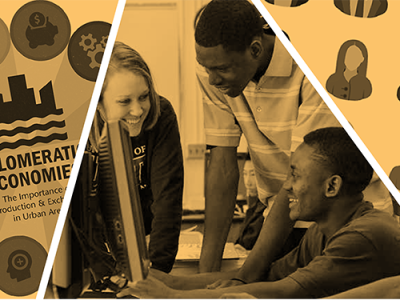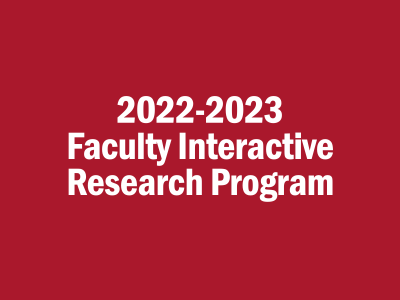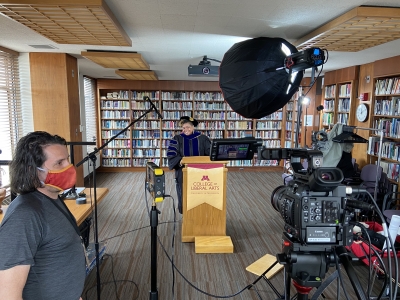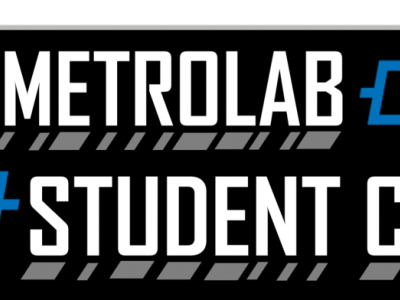Researchers: Madelaine Cahuas (College of Liberal Arts, Department of Geography, Environment and Society) and Jessica Lopez Lyman (College of Liberal Arts, Department of Chicano and Latino Studies)
This study analyzes Latina/o/x displacement and access to affordable housing for families whose children attend two charter schools—Academia Cesar Chavez (Eastside St. Paul) and El Colegio High School (South Minneapolis). Since these schools’ mission and vision are dependent on centering Latina/o/x identity and culture, the potential gentrification of these neighborhoods could lead to decreased enrollments and severe consequences for the schools such as having to…



